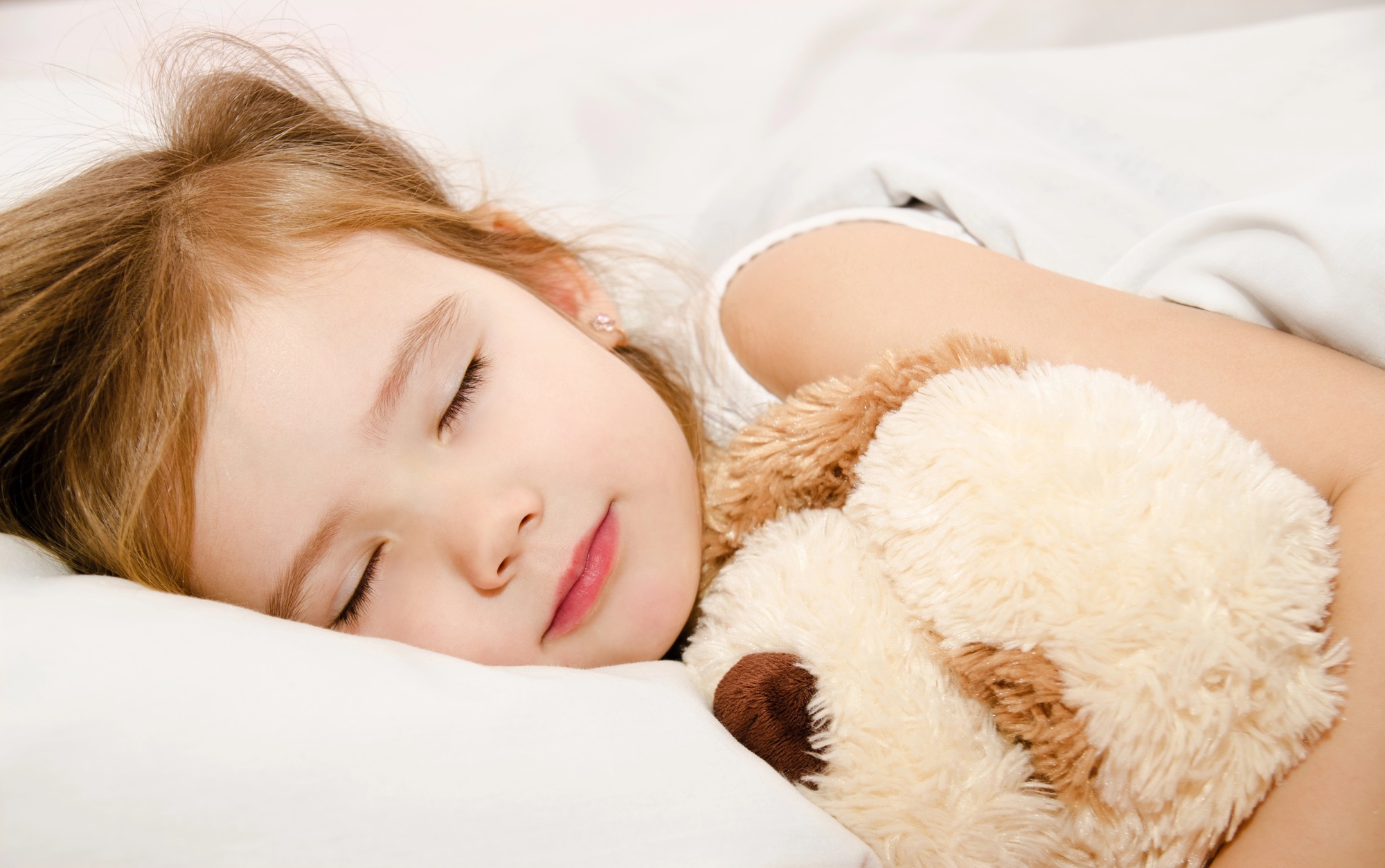
This week, one of the distinguished faculty members at the esteemed University of Oklahoma, Dr. Brenda Lloyd-Jones, graciously agreed to assist in providing insightful responses to viewers’ queries.
Could sleep cause behavior changes
In the interview session, one individual, Gary, shared his experience of joining a new organization where team members prioritize minimal sleep. He admitted to following this trend, compromising his rest, and experiencing altered behavior. He said his friends had even noticed a decrease in his sense of well-being and an increase in irritability in his behavior. Gary asked Doctor Lloyd-Jones whether this could be a result of his lack of sleep.
The doctor responded by expounding the extensive research conducted on the detrimental effects of sleep deprivation on behavior and personality. She said lack of sleep is not something to be proud of, as it can lead to a decline in one’s conduct, including a negative impact on one’s interactions with others.
She further pointed out that Gary’s admission of prioritizing minimal sleep in his team’s culture is a concerning trend in modern workplaces: it can lead to cognitive and emotional dysfunction, causing irrational decision-making and inappropriate behavior.
Sleep and Autistic children
It’s also a concerning observation that children diagnosed with ASD may encounter sleep issues, including trouble falling asleep, frequent nightmares throughout the night, and shortened total sleep time. These persistent disruptions to their sleep can have negative impacts on a child’s academic performance, productivity, as well as family members’ well-being.
The reason for these sleep issues can be attributed to difficulties with sensory sensitivity to irregular levels of the hormone melatonin among Autistic children.
Recommendations
A few recommended practices can help alleviate these sleep disturbances; such as implementing a consistent bedtime routine, minimizing sensory stimulation before bedtime, and consulting with healthcare professionals for potential medication options. Also certain strategies, such as limiting the child’s caffeine intake, encouraging physical exercise during the daytime, and preparing their meals in a timely manner, can also go a long way in mitigating the adverse effects of disrupted sleep among ASD children.
As for any Adult, Doctor Brenda Lloyd Jones emphasizes the crucial role of sleep in maintaining rejuvenation. She said it is widely recommended that any adult – Autistic or Neurotypical – should aim for 7-9 hours of sleep per night. It is during sleep periods when the body undergoes critical processes of cellular generation, and restoration.
Infact the brain, too, is restored during sleep, making it an essential key to mental alertness. Neglecting sleep not only diminishes productivity at work but also makes one more prone to accidents. This is attributable to the low attention and reduced memory caused by the lack of sleep.
Treatment and support
We must support autistic children in managing their sleep issues. This includes implementing sleep hygiene practices, creating a calming bedtime routine, and consulting with Autism healthcare for additional support.
For additional support, including quality therapeutic treatment, feel free to reach out to us at Illinois Autism – together, we can work towards an inclusive society.




